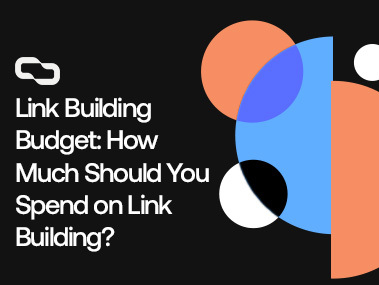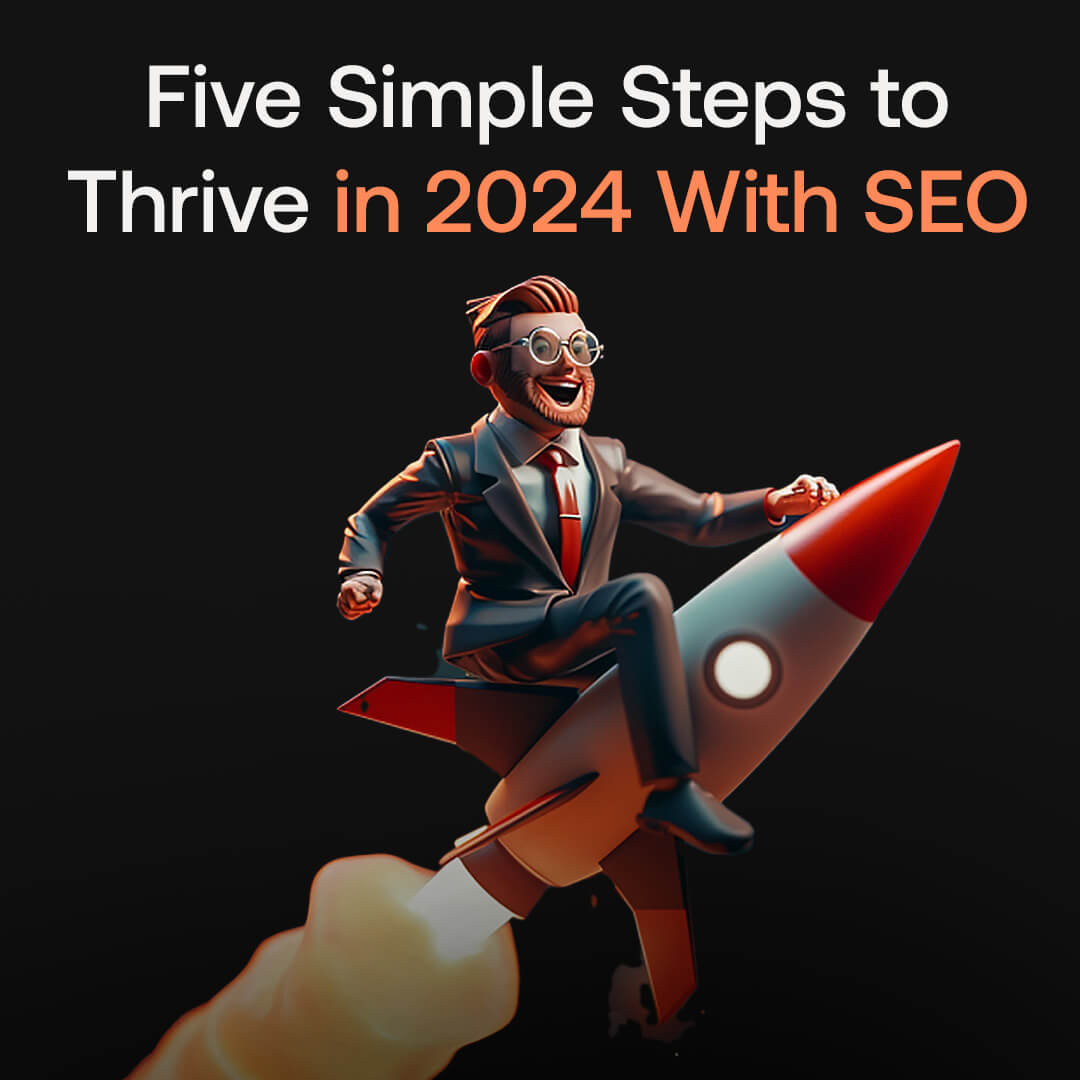Get links on brand new relevant articles for a boost of Authority and Relevance that’ll catapult your SEO. Our links include both DR and Traffic, so you don’t have to choose between one or the other.

When it comes to search engine optimization, editorial links are king.
Unlike other backlinks, these are the nods of approval from authoritative websites, earned purely through the merit of your content.
But why are they crucial, and how can you get them?
Well, that’s exactly what we’ll cover in this article.
We have been building high-quality editorial links professionally for more than 5 years.
In this guide, we’ll unravel strategies for building a backlink profile that search engines trust—without empty promises or costly campaigns.
Key Takeaways
- Editorial links are organic, high-value backlinks that are naturally given by other websites, recognizing quality content without direct solicitation or payment.
- Acquiring editorial links involves creating high-quality, authoritative content, including data studies, comprehensive guides, or providing tools and resources that are useful to others in the industry.
- While editorial links have many SEO benefits, such as increasing brand awareness and driving high-quality referral traffic, they are unpredictable and offer less control over placement and anchor text.
What Is an Editorial Link
An editorial link is a backlink you earn naturally without asking or paying for it.
This type of link is a result of having top-notch content and efficient marketing techniques that encourage editors to link to you, hence, the name editorial link.
What Is an Example of an Editorial Backlink?
Suppose you are reading an article on a popular tech blog and come across a link to a cybersecurity report for further reading.
The link is not promotional or paid; it’s there because the author finds it reliable and informative for its readers.
This is an example of an editorial backlink. It’s a natural occurrence within the content, organically citing a resource without any solicitation.
Acquired Links vs. Editorial Links
Picture a scenario where you approach bloggers and website owners, asking them to link to your site. Or you guest post on different platforms, manually obtaining valuable links.
These are acquired links, and although they add value to your site, they’re not as valuable as editorial links.
This is because editorial links are considered a spontaneous acknowledgment of your content’s value by other webmasters.
This natural, organic nature of editorial links makes them more trusted and hence more valuable.
Benefits of Editorial Links
1. Free (Almost)
Think of editorial links as a garden. You don’t pay for the fruits, but you do need to invest time and effort in planting, watering, and caring for the plants.
In the same way, creating content that earn editorial links requires groundwork. You research to find what’s missing, write to fill that gap, and edit to polish your content.
It’s a process that demands commitment, but when those links start coming in, they’re like the fruits of your labor—rewarding and cost-effective in the long run.
2. High-Quality Links
Getting an authority link from a respected site is like getting a thumbs-up from a top expert in your field.
It’s a sign that your content is not just good but valuable enough for them to share with their audience.
This is a big deal in the SEO world. Search engines take these endorsements seriously, often boosting your site’s authority and rankings, making it easier for people to find your content.
3. Natural
Search engines have a strong preference for links that happen naturally.
They want to see that people are linking to your content because they find it useful, not because you’ve paid them or tricked them into it.
When your links grow organically, it tells search engines that your site is trustworthy and valuable, which can help improve how high you appear in search results.
4. Scalable
Here’s where things get exciting. As your content gets more visibility and trust, it starts to earn more high-quality links.
This creates a positive feedback loop: good content leads to visibility, which leads to more links, which leads to even more visibility. It’s a cycle that can help your site grow in authority and audience over time.
5. Increase Your Brand Awareness
When high link popularity websites link to your content, they’re essentially introducing you to their audience. It’s like getting a shout-out from someone popular, which can make more people aware of your brand.
This kind of exposure is priceless for building your reputation and establishing your presence in your industry.
6. Helps You Build Better Relationships
Editorial links can be a gateway to building relationships within your industry. They can lead to direct engagement with other content creators, industry leaders, and potential partners.
These connections can foster collaborations and opportunities that extend far beyond just white hat link-building.
7. Get Referral Traffic
Editorial links from high-traffic sites can direct a stream of visitors to your website. This isn’t just any traffic; it’s targeted traffic from people interested in what you offer.
This can be particularly valuable because it’s more likely to convert into engagement, subscriptions, or sales.
Disadvantages of Editorial Links
1. Lack of Control
With editorial links, you’re in the passenger seat. You can’t control the anchor text, the page they link to, or the timing of the link.
This can be a bit frustrating, especially if you’re trying to hit specific SEO targets or if the link ends up on a page that isn’t your top priority.
Yes, you can always funnel the link juice with internal links, but it’s just not as effective as building your own links.
2. Hit or Miss
Even if you pour your heart and soul into creating outstanding content, there’s no guarantee it will attract editorial links.
It’s a bit unpredictable, which can be challenging if you’re counting on these links for your SEO strategy. You might hit the jackpot with one piece of content and get nothing from another, equally good piece.
For this reason, you can’t count on natural editorial links as your main link-building strategy. You have to use it in conjunction with other techniques like buying link insertions.
3. Doesn’t Work for All Types of Pages/Websites
Not all content is equally linkable. If your site is mainly about selling products or services, getting editorial links can be tough.
These types of content aren’t typically what others link to when they’re trying to provide value to their audience.
It’s harder to earn those natural, authoritative links if your content is viewed as promotional rather than informational or educational.
This is a huge drawback of editorial links, as you can’t count on them to rank your product or service pages.
They can only increase your domain’s authority, which can result in higher rankings, but if you’re trying to rank for competitive terms, you must build links to your service pages with guest posts.
How to Get Editorial Links

1. Data studies

When you conduct original research or data studies, you’re not just adding another article to the internet—you’re providing new, valuable insights.
This is the kind of content that stands out because it’s unique and useful.
When others in your industry or related fields need to cite a statistic or fact, your study becomes the go-to source, naturally earning you high-quality links.
2. Create Definitive Guides (Skyscraper Technique)
Think of a definitive guide as the ultimate resource on a particular topic. It’s so comprehensive and detailed that it leaves no stone unturned.
This kind of content naturally attracts links because it becomes the reference point for that topic. People don’t just skim through it; they bookmark it, share it, and most importantly, link to it.
3. Update Old Content

Updating old content is like renovating a house. You’re not just making it look prettier; you’re also ensuring it meets current standards and provides value to today’s audience.
When you refresh outdated articles with new information, insights, or data, you increase their chances of being linked because they remain relevant and useful.
4. Free Tools

Offering a free tool is like handing out free samples at a store—it attracts people.
If your tool addresses a common challenge or simplifies a process, people will not only use it but are likely to mention it in their content, providing you with backlinks.
These tools become resources that others depend on, linking to your site as the origin.
5. Design Infographics

Infographics turn complex data into easy-to-digest visuals, making them highly shareable and link-worthy.
When you create an infographic that encapsulates valuable information in a clear and appealing way, it becomes a resource that others want to use in their own content, resulting in links back to your site.
6. Create Expert Roundups
Expert roundups leverage the authority of multiple industry leaders, providing a wealth of insights in one place.
When you compile these expert opinions, your content becomes a hub of expertise that others reference, link to, and share.
7. Coin Terms

Introducing a new term or concept can establish your authority and create a niche that you dominate.
When your coined term catches on, it’s associated with your site, leading to more searches and links as people explore and discuss the concept.
Think of things like the skyscraper technique by Brian Dean or the keyword golden ratio by Doug Cunnigton.
8. Use ads
While this might seem counterintuitive when discussing ‘natural’ links, using ads to promote your content can increase its visibility, which can indirectly boost your link-building efforts.
When more people see your content through ads, the increased exposure can lead to more natural linking, especially if viewers find your content valuable and share-worthy.
Other Ways to Get Links
In addition to the strategies for earning editorial links mentioned above, other methods of acquiring links are worth considering.
These methods won’t generate editorial links, as they involve asking for links or providing something in return for a link, however, they’re considered more editorial than acquired links.
9. Find Resources That Are Out of Date
Content gets old, and outdated information loses value.
By identifying such content and suggesting your updated work as a replacement, you’re providing a service to the website owner and their audience, making it more likely they’ll want to link to your fresh, relevant content.
10. Look for Broken Links
Similar to outdated content, broken links can harm a website’s user experience and SEO. Use tools to find broken links on websites within your niche, then contact the site owner to suggest your content as a replacement.
11. Be Open To Interviews
Participating in interviews establishes you as an authority in your field. These interviews not only spread your name but also often result in backlinks to your site from the interviewer’s platform.
12. Reference Other Companies
When you mention other companies in your content, let them know. They’ll likely appreciate the shout-out and might share your content or reciprocally link to you as a thank-you.
13. Use HARO (Help A Reporter Out)
By providing expert comments or insights to journalists through HARO, you can get mentioned in their articles.
This not only boosts your credibility but also provides high-quality backlinks when your insights are published.
14. Write Testimonials
Writing a testimonial for a service or product you’ve used is a win-win.
The company gets a positive review to show to their customers, and you get a chance to be featured on their site with a link back to yours.
15. Claim Unlinked Mentions
If a website mentions your brand but doesn’t link to you, reach out and kindly ask them to add a link. Most websites are happy to do so, as it enhances their user experience.
How to Promote Your Linkable Content

1. Use Social Media Platforms
Share your link-worthy content on social media platforms where your target audience is present. Don’t just post a link; engage with your audience. Ask questions, solicit feedback, and encourage shares.
Also, make sure to use relevant hashtags to widen your reach.
2. Email Your Newsletter
Newsletters are a great way to promote assets such as guides, studies, and online tools.
Whether it’s your audience or a sponsored post on another email list, it doesn’t require SEO or organic search traffic to attract links.
3. Collaborate with Influencers
Create link-worthy content and promote, using these steps:
- Create a list of influencers, bloggers, and websites within your niche.
- Send personalized emails to introduce your content and explain why it’s valuable for their audience.
- Be concise, respectful, and professional.
Follow up if you don’t get a response, but don’t be pushy.
FAQs
What are editorial backlinks?
Editorial backlinks are considered earned links that come about naturally when a website chooses to link to another as a resource without any solicitation or compensation involved.
How does an editorial link differ from other backlinks?
Editorial links differ from other backlinks, such as paid links, in that they are naturally acquired as a result of content quality and usefulness, rather than being obtained through payment, trades, or direct requests. These links are more valuable because they are a genuine endorsement of the linked content.
Why are editorial backlinks important for SEO?
Editorial backlinks are crucial for SEO as they help demonstrate a website’s authority, which can lead to improved search engine rankings. These links drive increased web traffic not only because of higher rankings but also due to the niche, wider audience that authoritative sites can direct to the linked content.
Conclusion
Building editorial links can significantly enhance your website’s search rankings, credibility, and visibility in search results.
However, you can’t base your entire SEO strategy on one quality link-building technique.
While there is no limit to how many editorial links you can earn, it’s not completely within your control.
This is where a balanced approach comes in, blending editorial link-building with other strategies to create a robust SEO plan.
If all this sounds a bit overwhelming or you’re not sure where to start, don’t worry! We’re here to help.
Here at Get Me Links, we specialize in building links that get results. To kick things off, we’re offering a free consultation call. During this call, we’ll:
- Analyze your current link profile and SEO strategy.
- Explore various link-building techniques that complement your goals.
- Answer any questions you have about SEO and link building.
- Recommend the best backlink packages based on your budget.
Whether you’re new to SEO or looking to enhance your existing strategy, we’re here to help guide you toward success.
Find out your exact cost of ranking for your dream keyword
Find out nowLet’s get you ranking now
If you want the team at Get Me Links to help you get more traffic
Book a call NOW Back to Blog
Back to Blog 12 Minutes Read
12 Minutes Read


